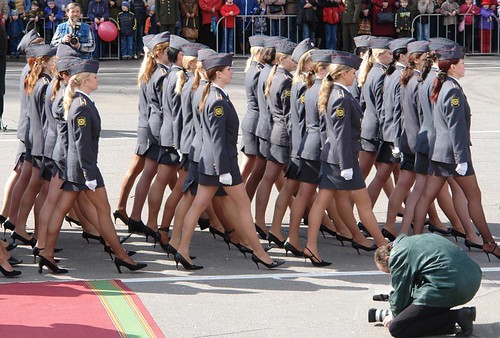 Brookings | As President Barack Obama takes charge of the Oval Office, he confronts a wary and assertive Russia among the many foreign policy challenges in his inbox. Moscow desires to reclaim “great power” status, an ambition fueled over the past five years by hundreds of billions of dollars in energy revenues. Its desires are colored by a bitter perception that the West took advantage of Russian weakness in the 1990s and that Washington has failed to take serious account of Moscow’s interests. Building a more sustainable relationship with Russia will not prove easy.
Brookings | As President Barack Obama takes charge of the Oval Office, he confronts a wary and assertive Russia among the many foreign policy challenges in his inbox. Moscow desires to reclaim “great power” status, an ambition fueled over the past five years by hundreds of billions of dollars in energy revenues. Its desires are colored by a bitter perception that the West took advantage of Russian weakness in the 1990s and that Washington has failed to take serious account of Moscow’s interests. Building a more sustainable relationship with Russia will not prove easy.Securing Russian help in controlling nuclear materials, pressuring Iran not to acquire nuclear arms, and countering international terrorism is very much in the U.S. interest. Getting Russia right, however, will require a carefully considered, focused and sustained Russia policy, not just treating Russia as a function of the U.S. approach to other issues. Washington should seek to put U.S.-Russian relations on a more solid footing.
Building areas of cooperation not only can advance specific U.S. goals, it can reduce frictions on other issues. Further, the more there is to the bilateral relationship, the greater the interest it will hold for Russia, and the greater the leverage Washington will have with Moscow. The thin state of U.S.-Russian relations in August gave the Kremlin little reason for pause before answering the Georgian military incursion into South Ossetia with a large and disproportionate response. Washington should strive to build a relationship so that, should a similar crisis arise in the future, Russian concern about damaging relations with the United States would exercise a restraining influence.


0 comments:
Post a Comment